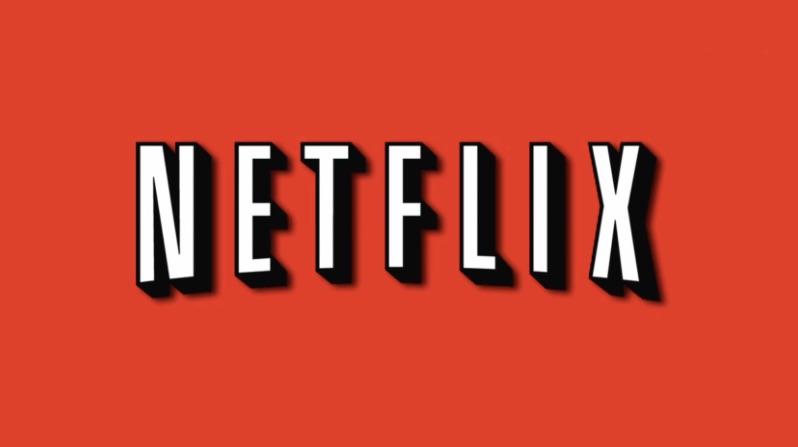Yesterday’s headlines said, “Netflix Shares Slide After It Loses 200,000 Subscribers”
An economist might say it’s a free rider problem.
Password Sharing
In 2018, The Washington Post told us that the younger we are, the more we share passwords. Forty-two percent of the 21 and younger post-millennial cohort shared passwords. However, for Baby Boomers, the number dropped to 13 percent, and to 19 percent for Generation X’ers. Or, if we look at all consumers, we could have seen 35 percent sharing passwords.
Using up-to-date numbers, Netflix estimated that, worldwide, we could be talking about 100 million people. For the U.S. and Canada, it would be 30 million of us. Putting those whopping numbers in context, they have close to 222 million subscribers. But still, their business model requires subscriber growth. And now it has reversed for the first time in more than a decade.
In 2016, CEO Reed Hastings said, “Password sharing is something you have to learn to live with, because there’s so much legitimate password sharing, like you sharing with your spouse, with your kids …. so there’s no bright line, and we’re doing fine as is.”
For years, Netflix ignored and even encouraged password sharing. They wanted the bump in viewership. Now though, having lost 200,000 subscribers, they see a worrisome downside. Add the competition acceleration from Disney, Hulu, you know the list–and it makes much less sense to give away their programming.
If you subscribe to Netflix in Chile, Costa Rica, or Peru, you might be paying $2.99 to share your Netflix password with no more than two people. Actually, in 2021, they experimented with 2-step verification. Logging in you had to verify with a message to the account owner’s phone.
However, as Wired points out, they can increase the cost of sharing without charging more. Using the economic definition of cost as sacrifice, Wired says they could make it more of a hassle to share. You might have to list the devices that have permission.
Knowing their customer friendliness will shrink, Netflix says they are considering the alternatives.
Our Bottom Line: Free Riders
What Netflix really wants to do, is minimize the number of free riders.
A free rider is the worker who did not pay the agency fee but benefited from a union contract. It is any person who leaves uneaten food in the community refrigerator at work and then enjoys the cleanliness when others neaten it. It is a family that pays no taxes but sends their children to public school.
You can see that a free rider is an individual that enjoys the spillover of a group benefit without being a member of that group that paid for it. Password sharing creates many busloads of free riders.
My sources and more: Although it was a bit dated, this Washington Post article was a good start for password sharing facts while CNBC had the update. The perfect complement, this NPR article, looked at Netflix’s no sharing experiments.






